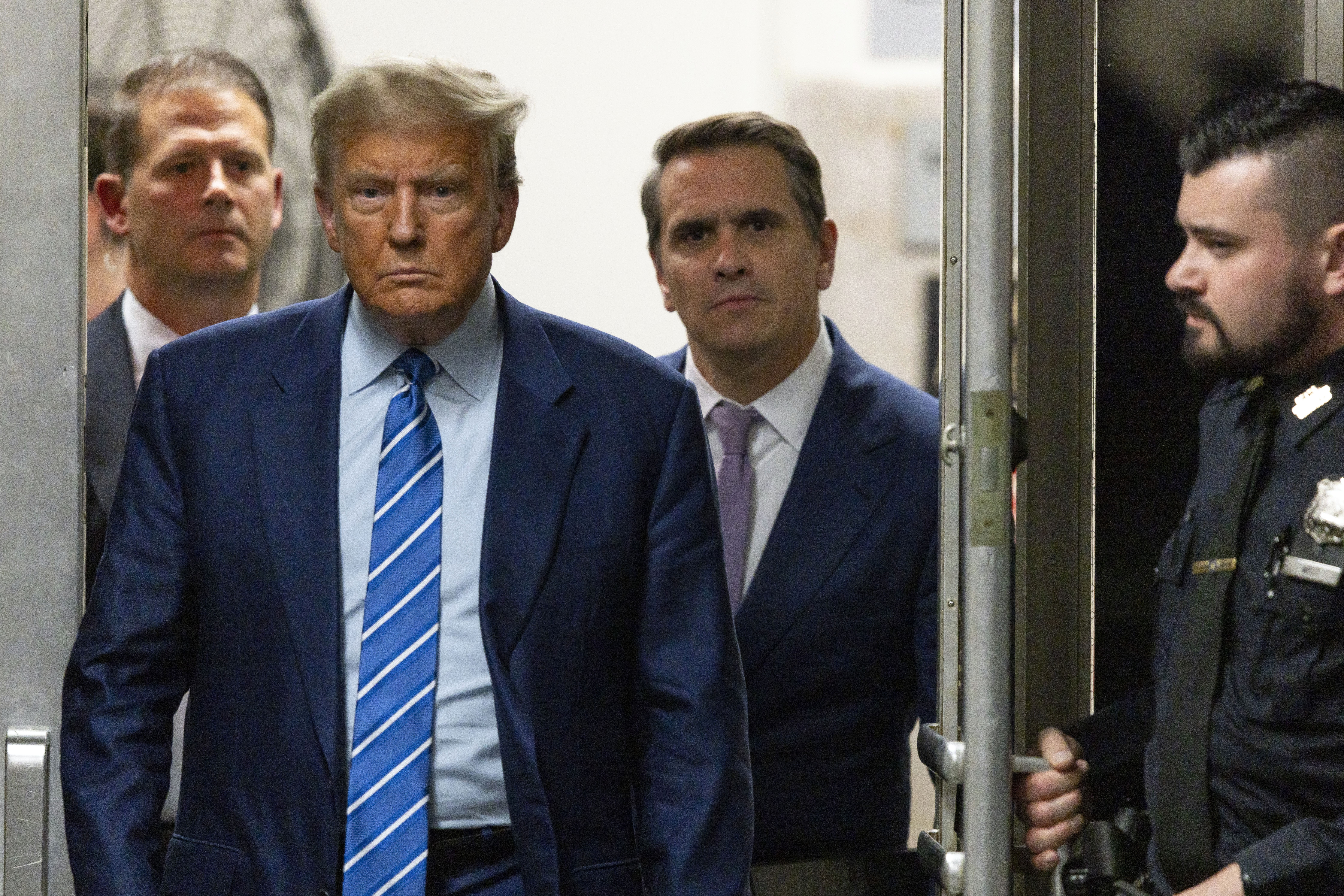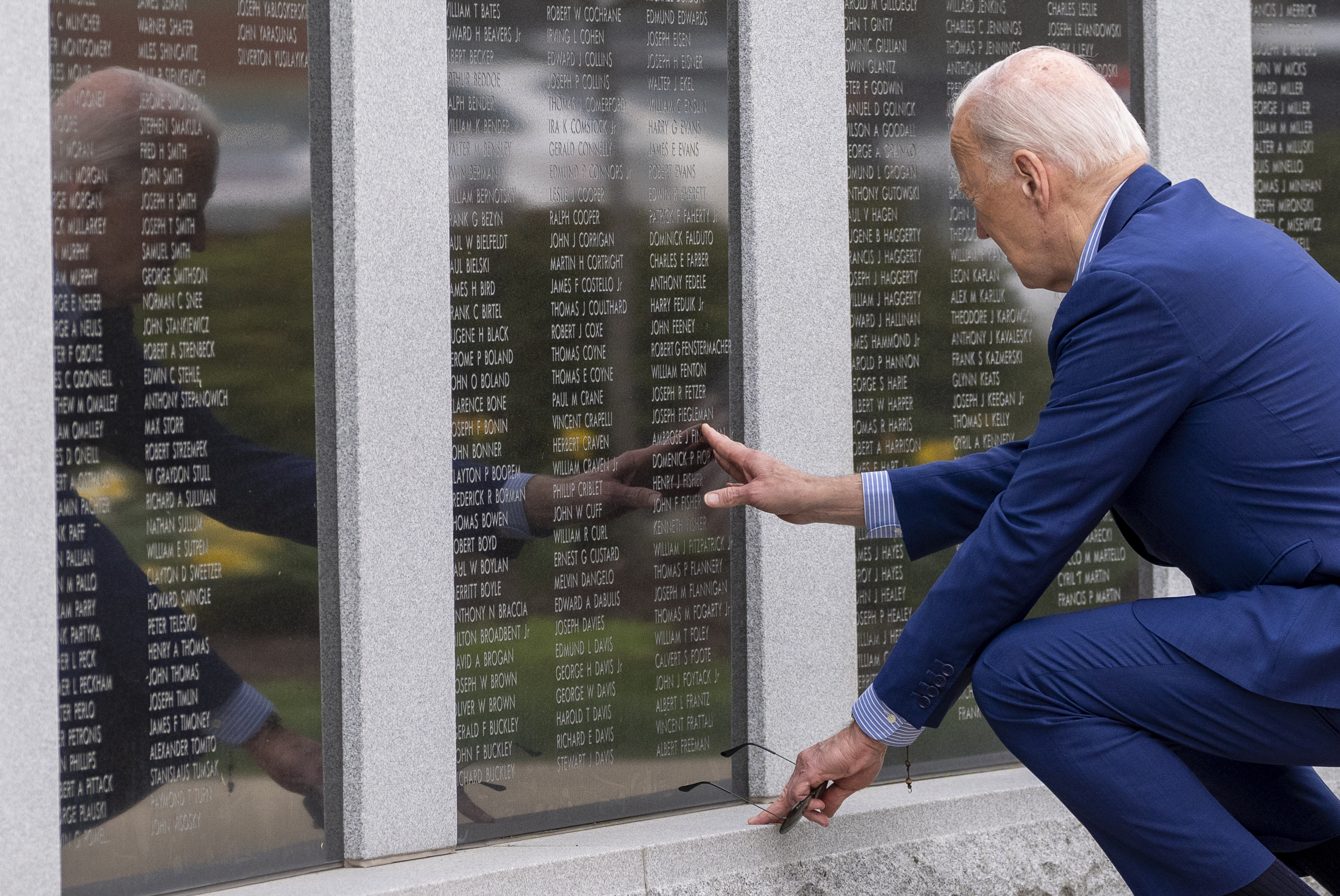When he ran for mayor four years ago, Michael Nutter made his predecessor and longtime political nemesis the focus of a successful campaign aimed at reducing a surging murder rate and ridding City Hall of “pay to play” political corruption.
Now, a political rivalry dating back to when he and former Mayor John F. Street were on City Council is getting some fresh twists ahead of Tuesday's Democratic primary.
Nutter, 53, faces a long-shot challenge from Street's enigmatic older brother, former state legislator and hot dog vendor T. Milton Street, 72, who recently completed a federal sentence for tax evasion, and hopes to mobilize ex-offenders as part of his campaign.
Meanwhile, the incumbent finds himself again taking jabs at John Street's record on corruption, weighing the possibility that his predecessor may run as an independent in November, and responding to statements the former mayor made about whether Nutter is truly a “black mayor.”
In his first term, Nutter said his administration has focused on taking away the stain” from his predecessor's two terms in City Hall, a tenure that saw an FBI bug planted in the mayor's office as
part of a sweeping probe into pay-to-play corruption. Street was not charged with any wrongdoing, but his treasurer, a close associate and top fundraiser were among the nearly two dozen people
convicted.
“We've run 100 people out of the government who were doing inappropriate things,” Nutter said in an interview with The Associated Press, referring to the “embarrassments” of John Street's time in office. “When we have a press conference with the FBI and with the U.S. Attorney's office, we're standing shoulder to shoulder with them, not on the other side.”
When it comes to crime, Nutter points out homicides were down 22 percent last year compared to 2007 and that violent crime was down 13 percent over that period, despite the fact that the economic crisis has prevented the city from adding the hundreds of police officers he had hoped to hire. But murders are up so far this year compared to last year, something Nutter acknowledges is a concern while noting that many are happening indoors where police have less control over them.
Politics
Nutter also touts successes in the implementation of single-stream recycling, a new 311 information call center and improvements in police accountability under his police commissioner, Charles Ramsey.
Two lesser-known Republicans are facing off in the Republican primary: Karen Brown, a former schoolteacher who up until recently was a Democrat, and John Featherman, a real estate agent. The Republican party has endorsed Brown. Democrats outnumber Republicans by more than a 6-to-1 margin in Philadelphia and the city has not had a Republican mayor since 1952.
Meanwhile, it's the rivalries between Nutter and the Streets that continue to make a story out of what was expected to be a ho-hum primary.
John Street, barred by term limits from seeking a third consecutive term last time around, recently switched his registration from Democrat to independent and could be considering a challenge to Nutter in November. The 67-year-old former mayor has not responded to requests for comment from the AP, and has not stated publicly whether he plans to run again.
Last fall, John Street kicked off the latest round in the Street-Nutter rivalry when he publicly questioned Nutter's support among the black community, telling The Philadelphia Inquirer that
Nutter was “not a black mayor ... just a mayor with dark skin.” Both Street and Nutter are black.
In the AP interview, Nutter said he wants to get support from all communities and that Street's racial comments were “ignorant.” “I mean it is interesting, I don't think anyone's ever asked (former Philadelphia mayor and Pennsylvania governor) Ed Rendell was he white enough,” Nutter said.
One political scientist thinks John Street may be waiting to see how much support Nutter gets in the primary before deciding to make another run. Several groups disenchanted with Nutter, including the city firefighters and other unions, have been supporting Milton Street. If Street gets more than 40 percent of the primary votes, it might make Nutter look more vulnerable and encourage John Street to run, said Randall Miller, a political science professor at St. Joseph's University.
“If it looks like he's weak, then that invites John Street to come in as an independent,” said Miller, adding that the former mayor is “eager to get one more swing.”
“It's just been gnawing at John Street since he's been out of the mayor's office. ... He wants to redeem himself,” Miller said.
First, Nutter gets to contend with Milton Street in the primary. In 2007, Nutter defeated two sitting congressmen, a state legislator and a millionaire businessman in the primary before cruising to victory in the general election. Asked if he considered Milton Street a legitimate challenger, Nutter, who tried unsuccessfully to have him removed from the ballot, said: “He's a person who is running for office and filed the necessary signatures. His name will be on the ballot.”
For his part, Milton Street opposes Nutter's endorsement of “stop and frisk” searches being used by police in high-crime neighborhoods, saying they violate civil liberties. He also said Nutter hasn't done enough to curb violent crime and has made dangerous cuts to the fire department; he criticizes the incumbent for failing to reach contract agreements with the city's powerful municipal unions.
He is hoping to mobilize thousands of ex-offenders to vote for him at the polls on Tuesday. If elected, he plans to hire thousands of unemployed people as part of a town watch initiative for
high-crime neighborhoods.
John Street's rivalry with Nutter did not impact his own decision to run, Milton Street said, adding that he doesn't think his brother will enter the race. “He's retired,” he said. “He's not going to run for office.”
Milton Street said he started out just hoping to bring attention to the issues, but has since gained enough momentum to make it a competitive primary.
“We don't know what's going to happen on election day now,” he said.



